Whether it is on a state level or a federal one, gun legislation never fails to make its way into the hands of divided lawmakers. After a year of nationwide uncertainty, economic instability, and escalating violence, Americans are more concerned for their safety than ever. Amidst protests, riots, and calls to “defund the police,” more than 8.4 million citizens purchased guns for the first time in 2020. Last year, over 21 million background checks were completed and ammunition flew off the shelves in record numbers.
As a result, the hotly contested issue of gun control has only sparked more controversy. Two new federal gun reform bills are dividing an already splintered populous, and the Nevada Legislature is facing a host of proposed changes to existing statutes.
Nevada’s U.S. Senators, Catherine Cortez Masto and Jacky Rosen joined together with several other lawmakers to reintroduce the federal Background Extension Act (HR 8). The bill’s purpose is to require buyer background checks on virtually all guns sold in the U.S., both publicly and privately.
Sheila Jackson Lee (D-TX) also introduced the Sabika Sheikh Firearm Licensing and Registration Act (HR 127) which would establish a licensing and registration process for all firearms through the Department of Justice (DOJ). It also would prohibit the possession of certain ammunition and large-capacity ammunition feeding devices. As such, it also penalizes individuals that do not comply with licensing and registration provisions that require individuals to be 21 years or older, submit to a psychological evaluation and criminal background check, complete a certified training course, and have an insurance policy. Further, it prohibits the sale or transfer of firearms and ammunition to an unlicensed person. Finally, it restricts and penalizes the possession of ammunition that is 0.50 caliber or greater and the possession of a large capacity ammunition feed device.
President Joe Biden has made known his support for the proposed changes to gun legislation. “I am calling on Congress to enact common-sense gun law reforms,” stated Biden, “including requiring background checks on all gun sales, banning assault weapons and high-capacity magazines.”
Opponents to HR 127 state that guns like the Modern Sporting Rifle (MSR) would be considered “assault weapons” or “weapons of war” and thus be banned. There are over 20 million of these in circulation today, according to the National Shooting Sports Foundation (NSSF). They state that MSRs are used for legal purposes like hunting, sport target shooting, and personal protection.
Two years ago, Nevada passed SB143, legislation similar to the Background Extension Act, which prohibits an unlicensed person from selling or transferring a firearm to another unlicensed person unless a licensed dealer first conducts a background check on the buyer. Like H.R.8, Nevada’s law includes exemptions like gun sales and transfers to law enforcement officers, transfers to immediate family members as gifts or inheritance, transfers in cases that may require self-defense, or during hunting or sport shooting events. The text of H.R.8 does not specify if violating the act would constitute a federal crime. However, Nevada’s SB143 clearly states that selling a gun to an unlicensed buyer is a crime. A first offense is a misdemeanor, and a second or subsequent offense is a class C felony, on par with crimes such as assault with a deadly weapon, grand larceny, and third offense domestic battery.
Second amendment supporters are opposed to this kind of legislation, citing DOJ statistics that state 75% of incarcerated individuals that were in possession of a firearm during the commission of their crimes reported they acquired it through theft or a family member/ friend, with less than 1% of weapons acquired the through a dealer or at a gun show. They fear the change will impact law-abiding gun owners and not those most likely to commit gun violence.
The 81st Session of the Nevada Legislature is set to vote on several firearms-related bills, including five bills that could impact licensing and purchasing, expand prohibitions to possess firearms by certain individuals, and change concealed carry prohibitions in certain circumstances. Though they have not yet been introduced, other gun policy legislation is expected and includes:
Reclassifying businesses that sell firearms as “non-essential.”
Prohibiting a person convicted of any charge with a hate crime enhancement from owning guns.
Banning the sale of “ghost guns,” which are gun kits that are partially disassembled to get around serial number tracing.
To loosen the state’s firearm preemption law, which would allow local governments discretion in limiting gun carrying in certain situations.
Banning assault weapons and high-capacity ammunition magazines.
On either side of the legislative aisle, no one appears to be against keeping citizens safe from gun violence. However, those rallying against more gun legislation express concerns that federal and state governments seek to criminalize law-abiding citizens and fear punishments for these crimes will largely exclude the criminals who illegally purchase guns and use them for illegal purposes.
The Fallon Post is interested in your views on the proposed legislative changes regarding gun control, both in Washington D.C. and here at home.

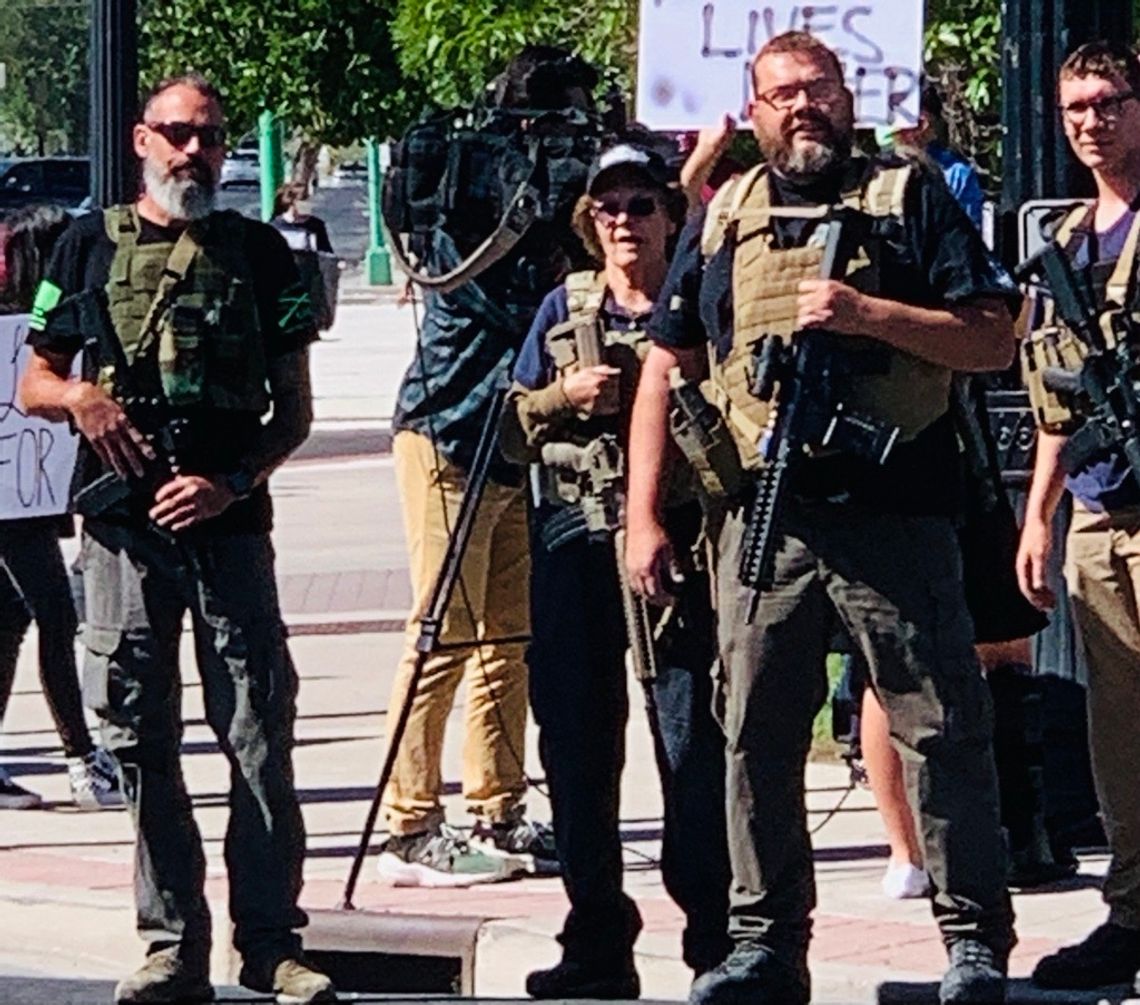

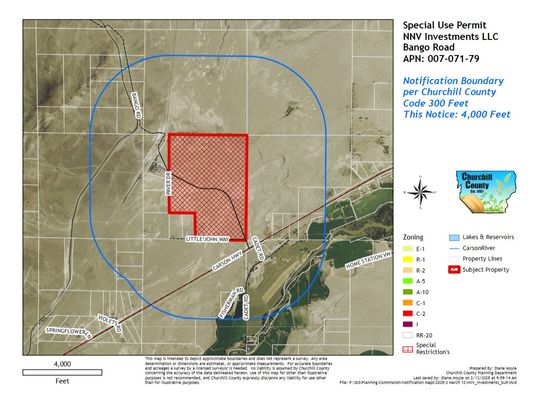
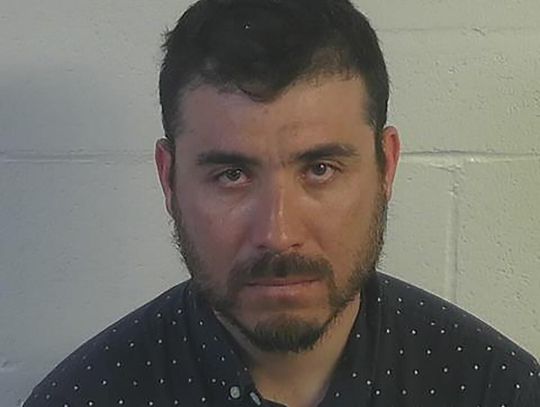
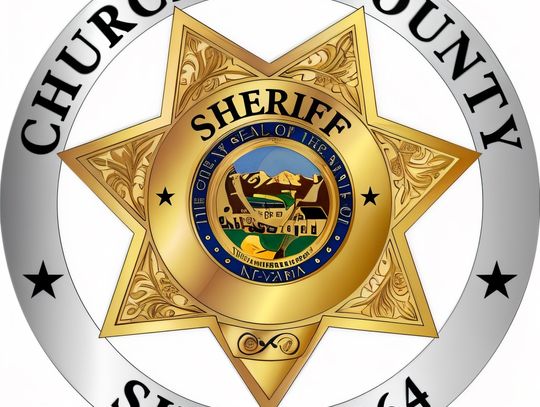
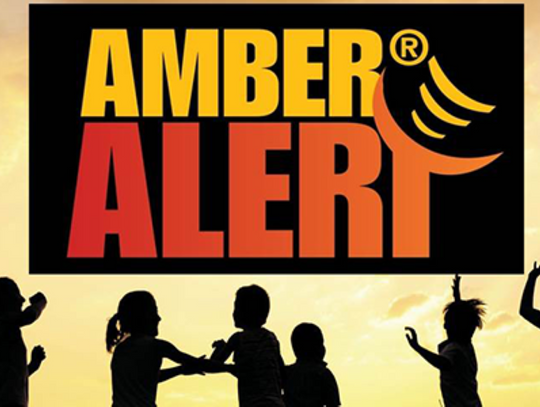


Comment
Comments